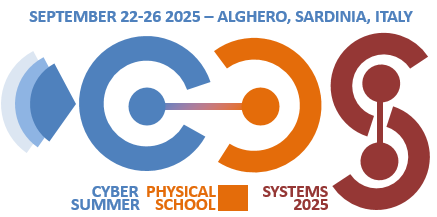Alessandra Bagnato
CPS and Cyber-Physical Systems of Systems (CPSoS) are increasingly playing the role of foundational building blocks for bringing adaptive intelligence to processes and environments, in several application domains ranging from Smart Mobility, to Smart Health, Smart Cities and Smart Production. Due to the increasing pervasiveness of CPS, issues related to effective design of solutions, able to reach predefined goals ‑flexibly, reliably and adapting to changing surrounding conditions, become challenging and worth of further investigation and the increasing interactions amongst different CPS are starting to generate unpredicted behaviours and emerging properties, often leading to unforeseen and/or undesired results. These interactions could become an advantage if they were explicitly managed, and accounted, since the early design stages. The CPSwarm project, aims at tackling these kinds of challenges by easing development and integration of complex herds of heterogeneous CPS. Thanks to CPSwarm, systems designed through a combination of existing and emerging tools, will collaborate based on local policies and exhibit a collective behaviour capable of solving complex, real-world, problems. Three real-world use cases will demonstrate the validity of foundational assumptions of the presented approach as well as the viability of the developed tools and methodologies and will be introduced in this presentation: (a) swarms of (mixed) robotic vehicles (e.g. Unmanned Aerial Vehicles (UAV) and rovers), (b) automotive CPS systems for freight vehicles and (c) swarm logistics.
 
Lecture Slides

